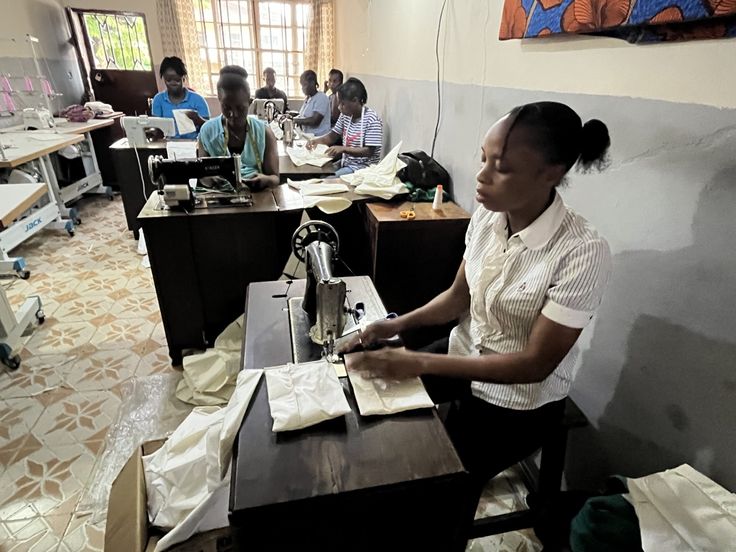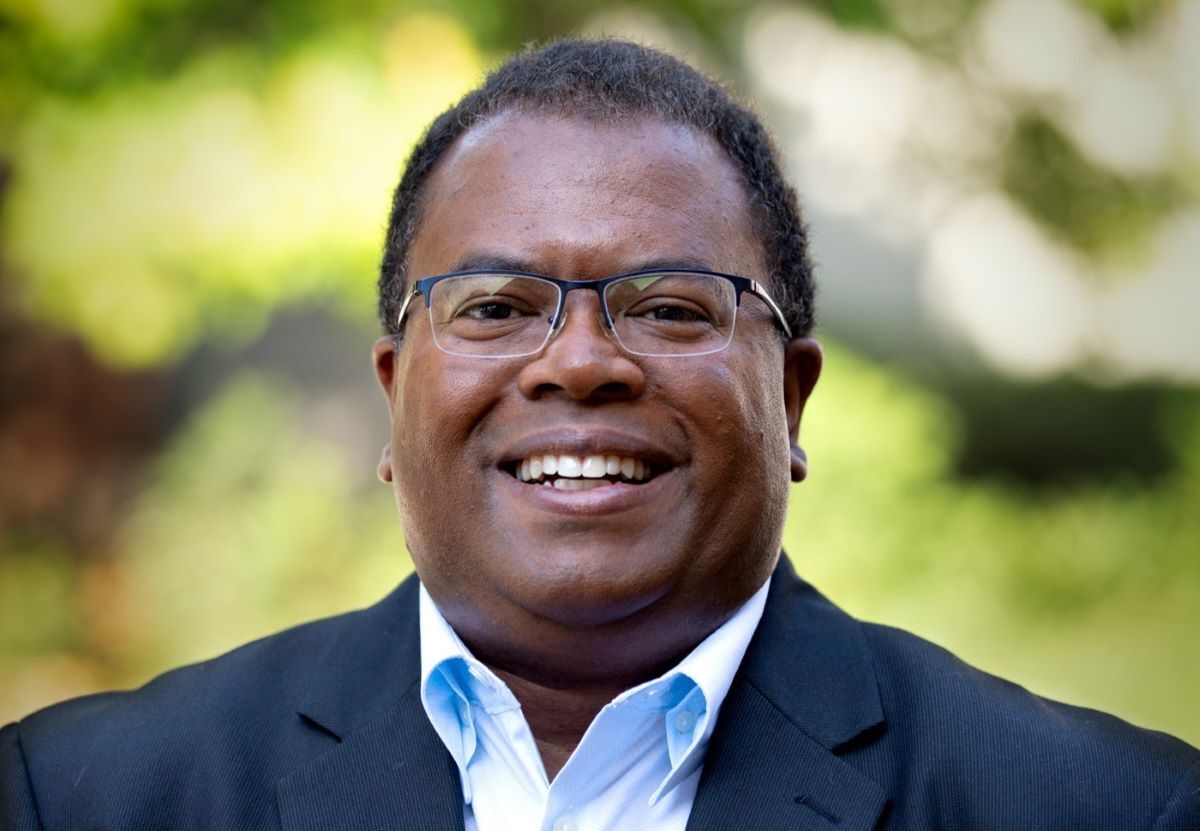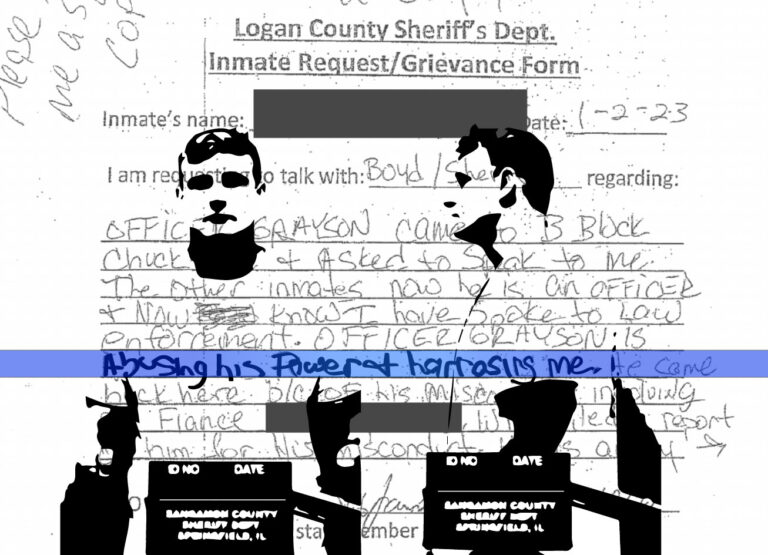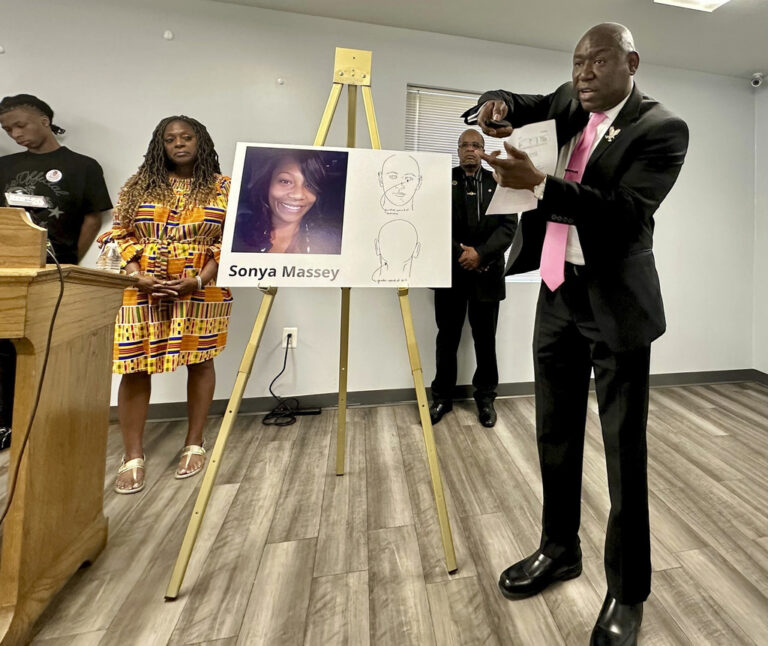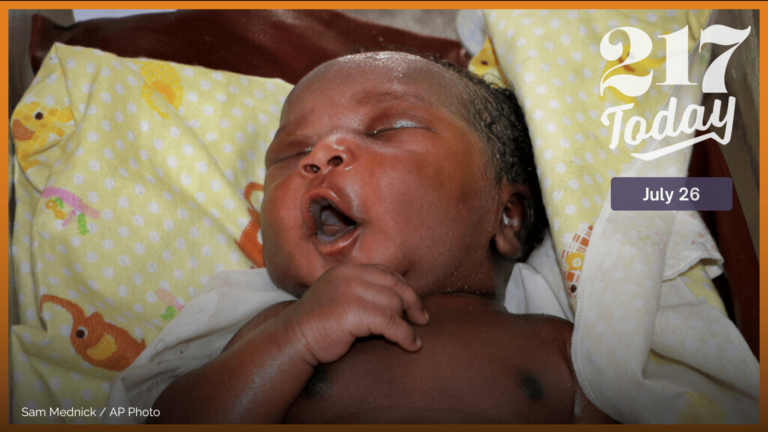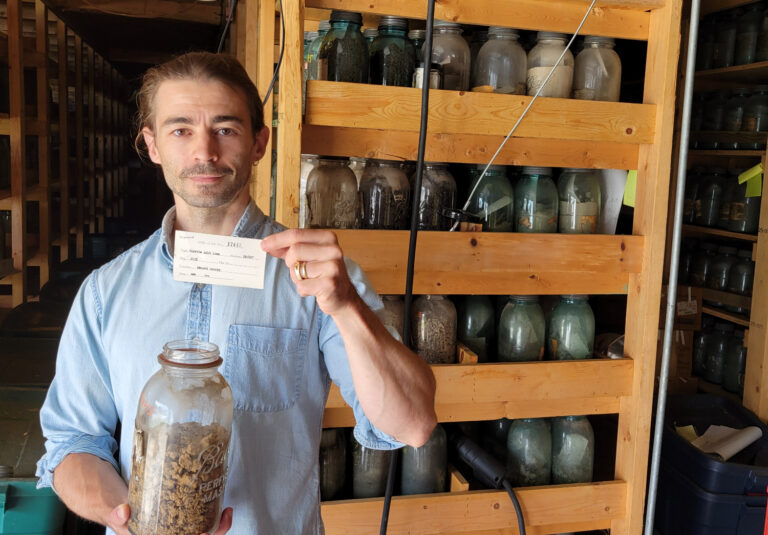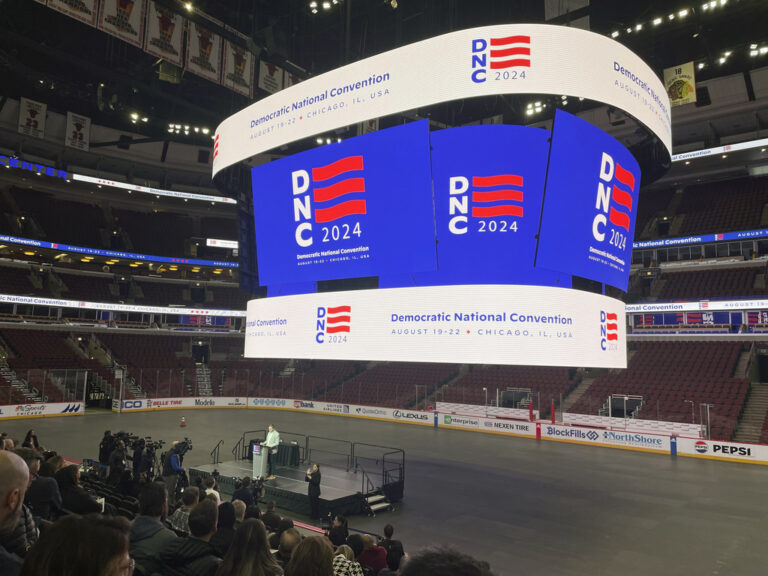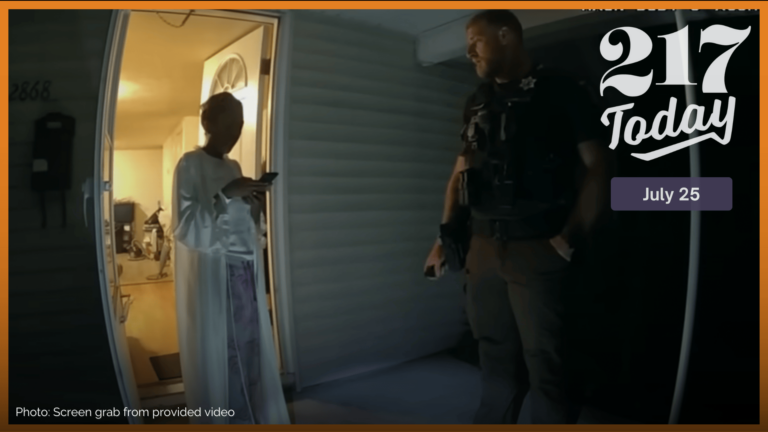Several University of Illinois Urbana Champaign journalism students will fly to Sierre Leone in early March. They’ll make the nearly 24-hour flight to produce a documentary on how people in the West African country deal with period poverty which is defined as insufficient access to menstrual products, education, and sanitation facilities.
IPM News Director Reginald Hardwick talked with Sophie King-Hill. She is an associate professor of Health Services Management at the University of Birmingham in the United Kingdom.
King-Hill: We quite often have young women that will miss sport. They’ll miss swimming. They’ll miss school because they’re concerned that their period might show through their clothes, that they might not be allowed to go to the toilet when they need to change their period product. And because of the layer of taboo and shame, they don’t feel that they’re able to talk to a teacher and say, ‘I need to go because I need to manage my period,’ you know, so it all comes down to this, the shame, the taboo and that inability to communicate the management of periods for those that have periods.
Hardwick: Later this spring, there will be University of Illinois students traveling to Sierra Leone. Will you be joining them? And what do you hope to accomplish?
King-Hill: So, I went to Sierra Leone to do the planning last summer. It’s two academics from here [UIUC professors Alison Davis and Stretch Ledford] that are going out. So, I’ve come out to Illinois to work with those students now. I thought it was really important to come to Illinois and work with those students before they go.
They’re highly knowledgeable in journalistic elements, you know, in documentary making, which I’m not, but I’m the subject specialist. So, I’ve come over to work with them and talk to them this week and plan, you know, how do you talk to people about periods? How do you talk about this sensitive topic in a different environment? How it links to the wider perspectives of shame around women’s bodies and reproductive systems? So that, that’s what I’m here to do is to work with those students. I’ve been to Sierra Leone, and we set up the connections over there ready for them to go out and make these mini documentaries. We want to tell the stories of some amazing work that’s going on in Sierra Leone. We’re not going out there to say, you know, you could do better, they’re doing better than us. When I went over there, I learned so much about how progressive they are in terms of how they view sexual health education, the urgency they’ve got around period education, how they know that they have to work with young men and boys. You know, we could learn so much from them and the, the processes that they’re following and the programs that they’ve got, the only difference is they haven’t got the resources that we have. They’ve got some excellent practice that I was so impressed with. And so, the hope from this is that we can create these many documentaries to raise awareness of a really of really important initiatives over in Sierra Leone.
Hardwick: What’s an example of something that they are teaching in Sierra Leone to men and boys, for example, that the Western nations can learn from?
King-Hill: They understand that everybody needs to know about periods. So, the organizations we’ve worked with will talk to the young men and boys as well as the young women and girls about periods. Some really impressive young men that go out and do the period education. You know, we’re not at that point yet, these young men are going out there, they’re working with schools to educate on how to use reusable period packs that they distribute. You know, that to me in itself was breaking through a huge taboo that this is just a women’s thing.
Hardwick: I think I’ve observed culturally, you know, here in America that you say period to men, and they just get so squeamish, they get so uncomfortable, and they certainly don’t know at all what happens with women’s bodies.
King-Hill: You know, when we talk about men and boys being embarrassed in the US or in the UK, we can’t blame them for that. We’ve set up the education system to take that education from them. So quite often the classes are split across genders, which is really unhelpful to do that. I can’t in my 20-year career working with young people, I can’t think of one young man at 21 that would be able to ask, can you just tell me ‘What periods are, how they work? What are the mechanics behind the female reproductive system?’ We’re not set up to allow that voice. And that’s where, you know, there’s an additional taboo, there’s embarrassment. And yet when we educate young men and boys around this, in my experience, they want to learn, but we don’t give them the space to ask the questions often enough.

